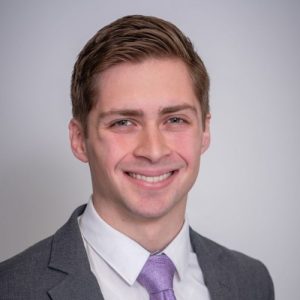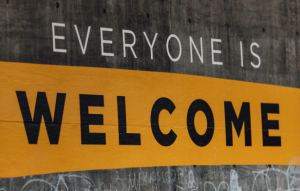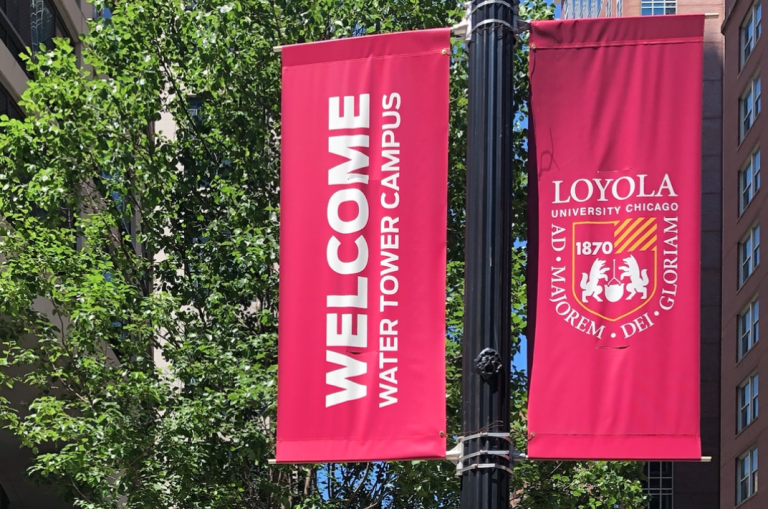
My Journey to IP Law at Loyola University Chicago
My path to intellectual property (IP) law at Loyola University Chicago School of Law has not been a linear one. My undergraduate transcript looks as if every class was put into a hat and drawn at random. For instance, in one quarter of undergrad I took Intro to Biochemistry, Anthropology of Islam, and Food Safety and Regulation. I find many topics and classes interesting and want to learn a little bit of just about anything. My varying interests have been both an asset and a burden throughout my academic career. However, in law school, I am thankful for my unique background for getting me to where I am today.
Continue reading “My Journey to IP Law at Loyola University Chicago”
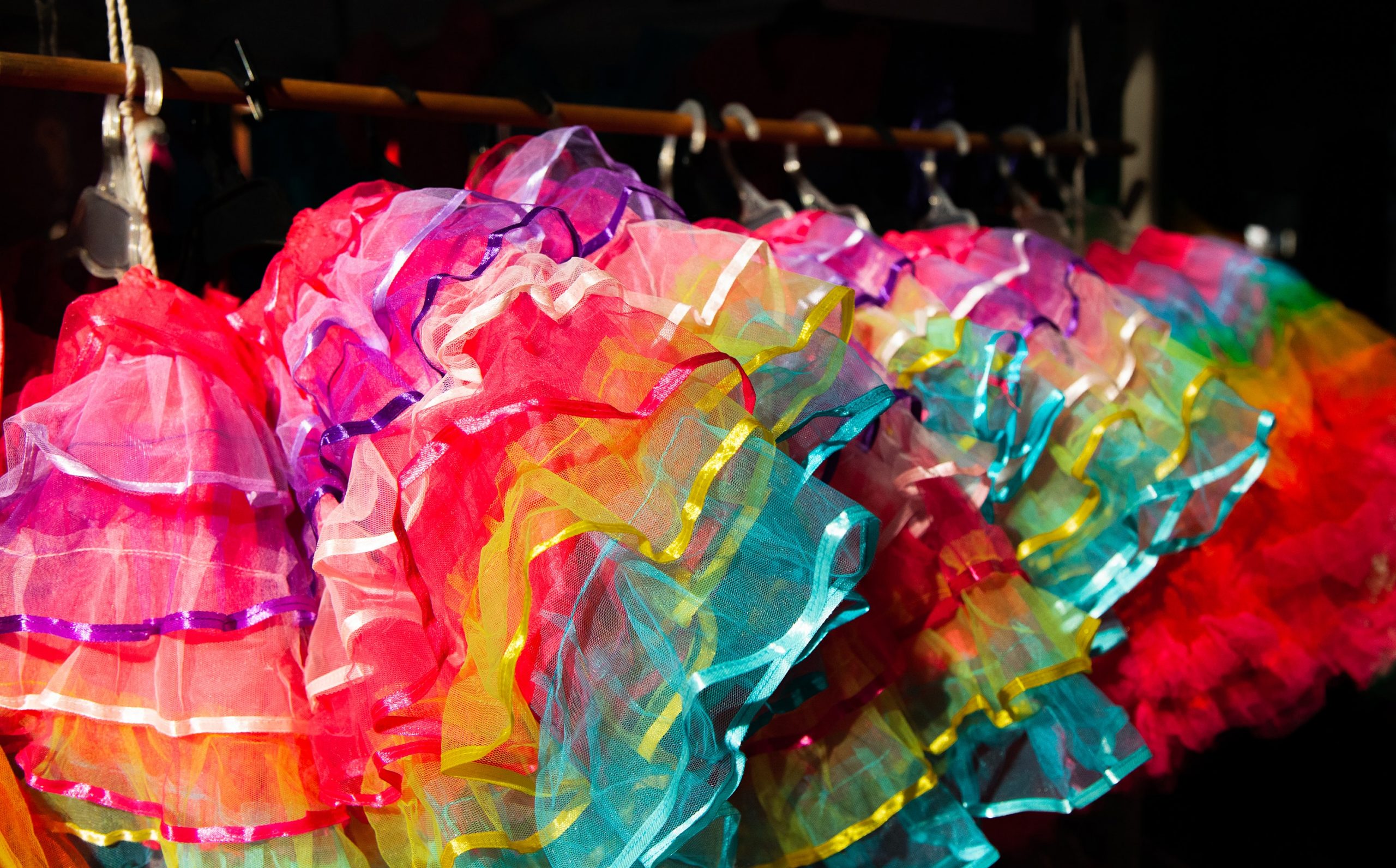

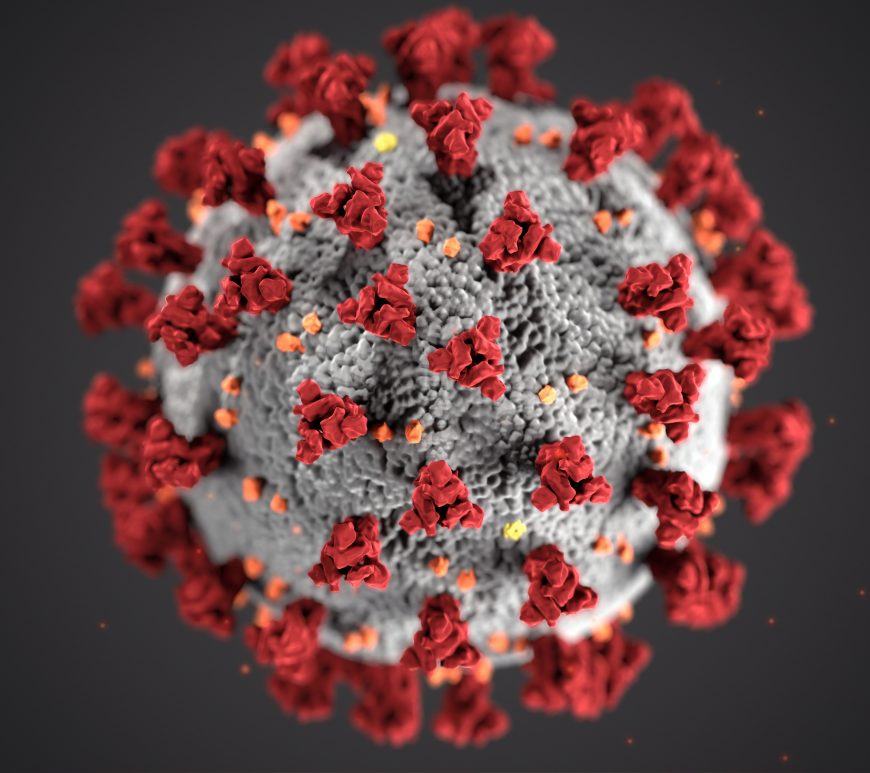
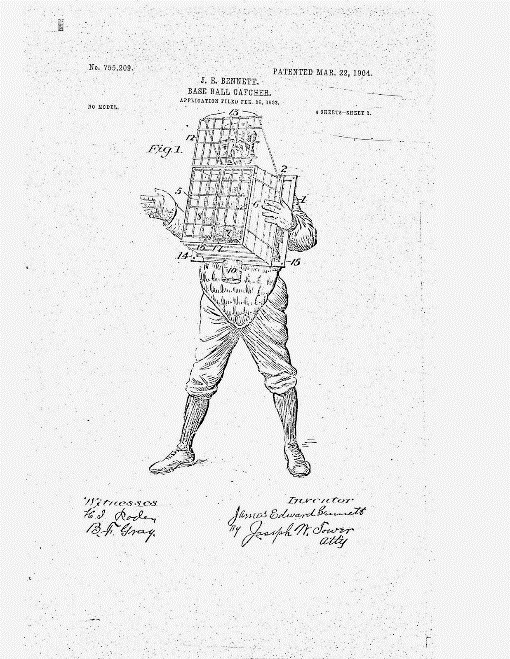
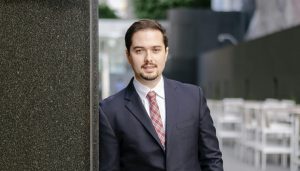
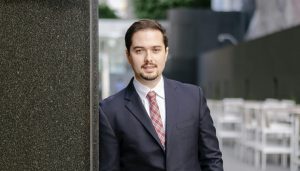 intellectual property (IP) as well as transactional, data security, and regulatory matters. As a member of
intellectual property (IP) as well as transactional, data security, and regulatory matters. As a member of 
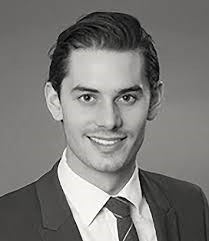
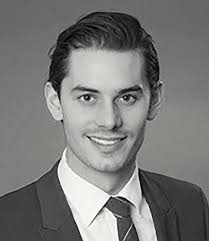 practice focuses on trademark law—an area he studied at
practice focuses on trademark law—an area he studied at 
